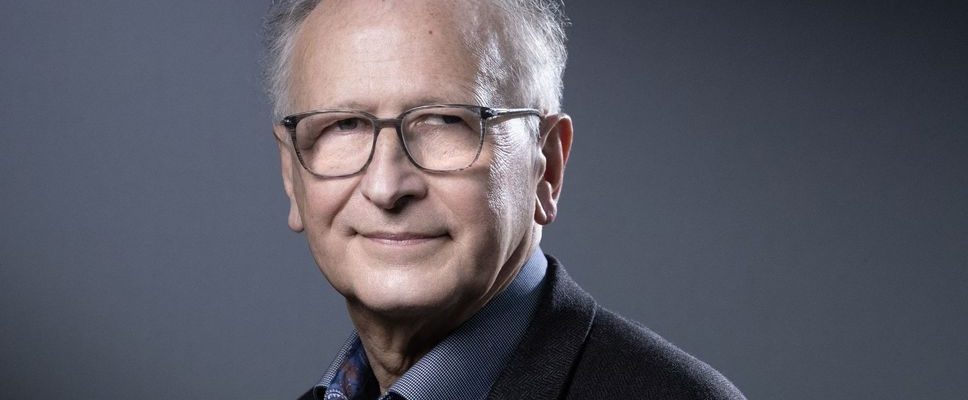France has 32 university hospital centers (CHU) distributed in our regions. They are centers of reference for complex medical issues. They ensure, first, a mission of local care, in particular through the management of emergencies. Their role also consists in teaching medicine, pharmacy, midwifery, odontology and care, in liaison with the University. Finally, they are intended to advance the biomedical and public health knowledge necessary for the progress of medicine, in conjunction with research organizations (Inserm and universities).
This triple mission corresponds to the roadmap defined in 1958 by the Debré reform. This was based on the establishment of full-time doctors with dual hospital and university affiliation of professors (PU-PH), lecturers (MCU-PH) and assistant clinical heads (CCA), positions very popular with young doctors until recently. Medicine has evolved – so much so that this triple mission can no longer be a matter of individuals but of teams – but the organizational framework has changed little, apart from the search for greater efficiency, with the establishment essentially administrative governance under the leadership of a director (HPST law of 2009).
A certain disaffection
Today we observe a series of signs of disenchantment. Thus, 6% of CCA positions have currently not found takers, many young doctors preferring to use the combination of a year of junior doctor (after internship) and a year of non-university assistantship to validate a medical specialty, before leaving the CHU. And between 2018 and 2020, 139 university hospital doctors resigned from their posts to work in the private sector or abroad. A new phenomenon, which, even if it concerns only 2% of the workforce, remains worrying. Especially since France Universities indicates that our country has lost 5% of the number of university hospital doctors since 2016, while at the same time the number of medical students has increased by 35%! Today, many young doctors prefer a career as a non-university hospital practitioner (PH), even in a university hospital. As for medical research in France, many indicators show its slippage in comparison with our neighbours.
How to explain this situation ? The causes are multiple and deserve further analysis. But we can mention the competition with the private system for salaries and working conditions, the increase in administrative tasks and the difficulties in operating the hospital due to budgetary constraints and the lack of nursing staff. And within the University Hospitals, the unbalanced governance since 2009 leaves little room for the Dean (and the University in general) as well as for the world of research other than clinical. The feeling is that, with some exceptions, the guidelines for rationalizing the healthcare system take precedence over any other consideration.
The Dutch example
If similar difficulties are encountered abroad, we can observe that the CHUs where a real consideration prevails in the governance and the practice of the three classic missions – sometimes in the form of a complete integration as within university medical centers from the Netherlands – have excellent results, both in terms of care and teaching, research and innovation. Can we take inspiration from it?
The project to challenge purely administrative hospital governance is going in the right direction, but as far as university hospitals are concerned, it is essential that the three dimensions of care, teaching and research be taken into account. In my opinion, the Dutch model deserves an in-depth analysis and… to be tested! We also need individual incentive measures such as the integration of hospital emoluments of HU staff for the calculation of retirement and the establishment of progressive careers for young doctors, which would allow them to devote at least some time to predominant in this or that mission.
At a time when everyone recognizes the need to train a greater number of health professionals and when an effort to promote biomedical and public health research is essential, it is time to stop the gradual loss of university identity of our university hospitals.
Alain Fischer is president of the Academy of Sciences, professor emeritus at the Collège de France and co-founder of the Institute of Genetic Diseases (Imagine).
